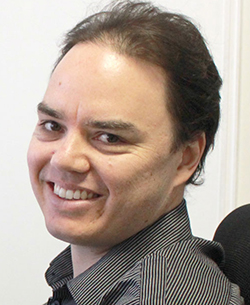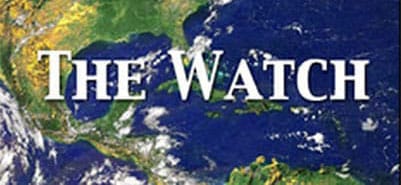Turning Misinformation into Educational Opportunities
How can science teachers respond to misinformation on topics such as climate change? Communication research points to an approach that not only neutralizes the influence of misinformation but increases science literacy and critical thinking skills. Inoculation theory borrows from the concept of vaccination, finding that exposing people to a “weak form of misinformation” build immunity so they are no longer influenced by real misinformation. Education researchers have testing this approach in the classroom, known as “misconception- based learning”. This involves teaching science by directly refuting misconceptions about that science. Misconception-based learning is one of the most powerful ways to teach science, achieving greater and longer-lasting learning gains than standard lessons. It improves argumentative skills, critical thinking and provokes greater student interest. In this webinar, John Cook will explain the research into inoculation and misconception-based learning, describe practical case studies and point to existing resources based on this teaching approach.
Recommended Reading:
Conversation article on inoculating against climate misinformation
Case studies in misconception-based learning
Short inoculations for 50 common climate myths

John Cook is a research assistant professor at the Center for Climate Change Communication at George Mason University, researching cognitive science. In 2007, he founded Skeptical Science, a website which won the 2011 Australian Museum Eureka Prize for the Advancement of Climate Change Knowledge and 2016 Friend of the Planet Award from the National Center for Science Education. John co-authored the college textbooks Climate Change: Examining the Facts with Weber State University professor Daniel Bedford. He was also a coauthor of the textbook Climate Change Science: A Modern Synthesis and the book Climate Change Denial: Heads in the Sand. In 2013, he published a paper analyzing the scientific consensus on climate change that has been highlighted by President Obama and UK Prime Minister David Cameron. In 2015, he developed a Massive Open Online Course at the University of Queensland on climate science denial that has received over 25,000 enrollments.
John earned his PhD in Cognitive Science at the University of Western Australia in 2016.
Education
Webinar Archives Education ResourcesStewardship
Supporting Stewardship Past Projects Focus Area Resources Applying for Funding
Search Education
Get Social
Last updated: 06/16/24
Author: NOAA
How to cite this article
